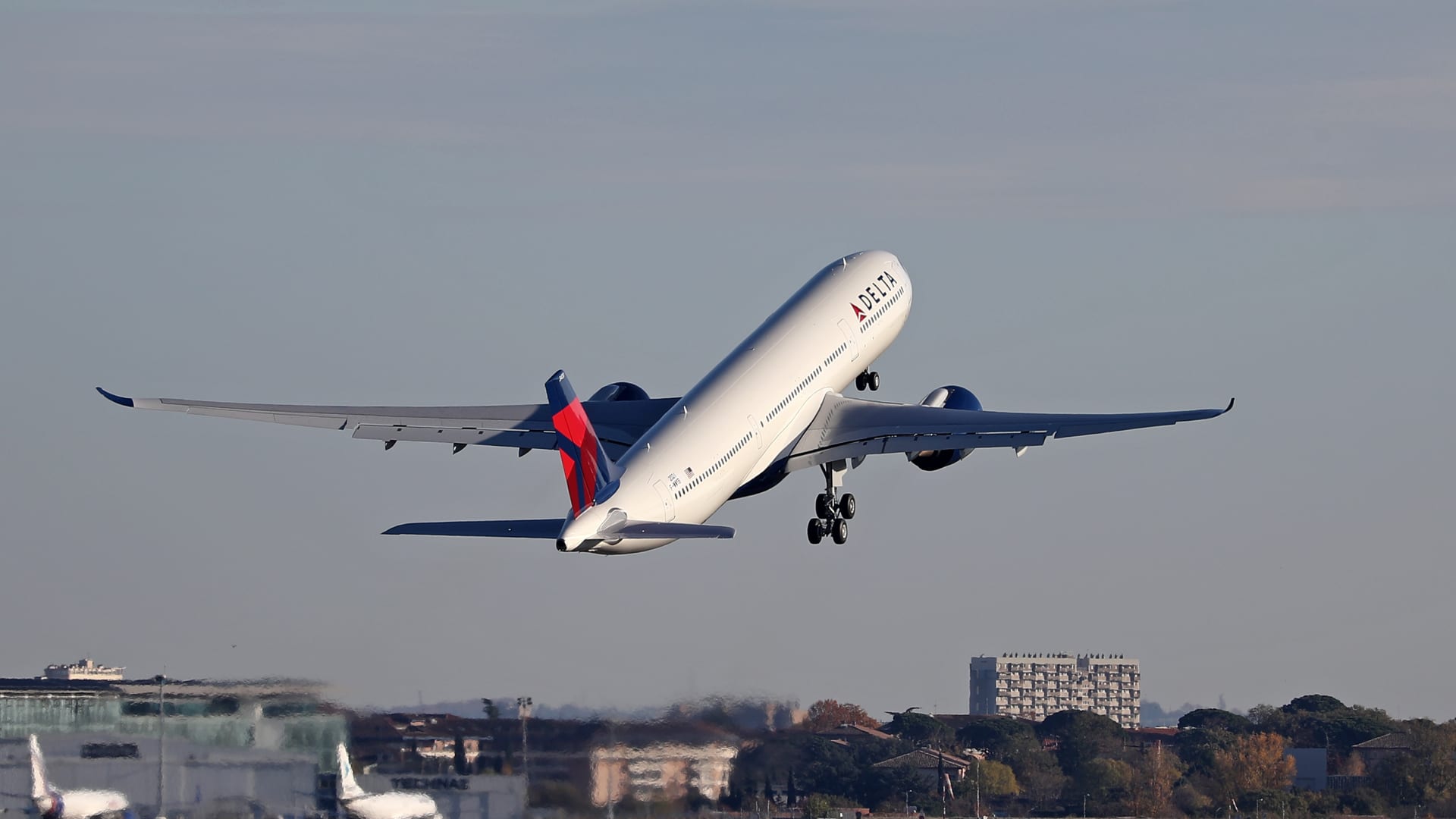The aviation industry has experienced a surprising turn of events as Delta Air Lines closed out the year 2023 with a remarkable performance, doubling its quarterly profit and setting a new record in revenue. This unexpected success is attributed to the rise in travel demand, especially for international trips, which has significantly impacted the company’s financial outlook.
Challenges and Opportunities for 2024
Despite this impressive performance, Delta Air Lines has revised its full-year profit outlook for 2024, reducing it from the previous forecast. This adjustment has prompted a 9% decline in the company’s stock value, leading to a broader downturn in the aviation sector. However, CEO Ed Bastian remains optimistic, emphasizing that the continued strong travel demand could potentially boost earnings in the upcoming year.
Financial Forecasts for 2024
Looking ahead, Delta Air Lines has projected adjusted earnings per share between $6 and $7 for 2024, slightly below its initial prediction. Despite this adjusted forecast, the company anticipates a 3% to 6% increase in revenue for the first quarter of 2024, indicating a positive trajectory. These financial estimates are in line with the expectations of industry analysts.
Fourth-Quarter Performance
The company’s quarterly performance exceeded Wall Street expectations, with adjusted earnings per share of $1.28 compared to the anticipated $1.17. Additionally, Delta reported a net income of $2.04 billion, marking a substantial increase from the previous year. The fourth-quarter revenue reached $14.22 billion, showcasing a notable 6% rise from the preceding year.
Trends in Travel Demand
Delta Air Lines has observed a surge in international travel, surpassing revenue from domestic flights. The positive trend in domestic travel is also emerging, indicating a promising shift in consumer behavior. Notably, the demand for premium cabins, such as first class and premium economy, has contributed significantly to the company’s revenue growth, outpacing standard coach seat revenue.
Factors Influencing Business Travel
Corporate travel demand has displayed signs of improvement, particularly from the technology, auto, and entertainment industries. The resolution of labor strikes within these sectors has reinvigorated business travel, benefiting major hubs like Detroit and Los Angeles. While these developments signal a positive outlook, the airline must navigate challenges in the aerospace supply chain for parts and repairs, as these areas continue to operate below pre-pandemic levels.
Industry Challenges: Boeing 737 Max 9 Grounding
The aviation industry faced upheaval following the grounding of
Boeing 737 Max 9 aircraft due to a door plug incident on an Alaska Airlines flight. This unexpected event has impacted major carriers, leading to the cancellation of numerous flights. However, Delta Air Lines has not been affected by this issue, and the company has observed a slight increase in bookings in the Seattle area, a key market for airline operations.
Future Expansion and Investments
In a forward-looking move, Delta Air Lines announced the expected order of 20 wide-body Airbus A350-1000 aircraft, signaling the company’s commitment to expansion and modernization. This strategic investment is anticipated to shape the airline’s fleet and operations, with deliveries set to commence in 2026.
Conclusion
Delta Air Lines’ robust performance in Q4 2023 defied expectations and underscored the resilience of the aviation industry in navigating evolving market dynamics. With a focus on addressing challenges and capitalizing on emerging opportunities, the company aims to sustain its upward trajectory and deliver value to shareholders and passengers alike.


